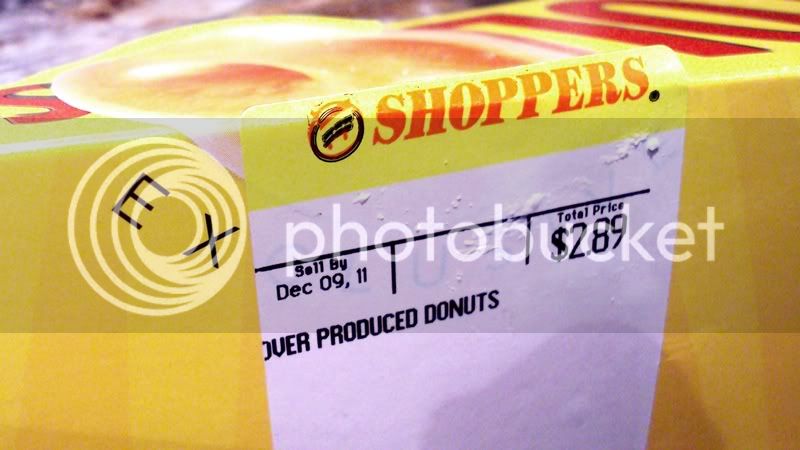Regarding room sounds any modern convolution reverb can do a real good job of duplicating spaces as you know. You're getting killer sounds as is though IMO. Nice, an Ampeg V4, another vintage Baxandall EQ amp like the old Orange OR120 (we just built an Orange OR120 MTS Module, very cool).
As a former mastering engineer; mastering was initially intended to take all the mixed tracks of a album/CD project and make them sit cohesively together (level, EQ and dynamics to taste, and sequencing/cross fading etc so that all the tracks sounded good together played back to back, and to massage them for whatever medium was in use at the time (Vinyl, 8-Track and Cassette, CD, and later lower bit-rate MP3/AAC clips prior to affordable broadband).
Now the practice has largely morphed into over-compressing/limiting stuff to crush the life out of it while trying to make it the loudest it can be, which is BS IMHO (causes listener fatigue at minimum besides sounding lifeless and dull, and can clip cheap converters etc), but that's another rant for another time (personal opinion here of course folks).
I'm sure you know all this but for everyone who doesn't mastering is of course optional and your call, though I recommend it if the mastering engineer is good for a couple of reasons...
a) It let's another trained set of ears check you prior to public release.
b) Depending on your rig it allows some really expensive equipment to impart it's sonic magic on your tracks if desired or needed, equipment usually not found in even top-end tracking/mixing rooms let alone most project studios.
Regarding the overuse of FX such as gated reverbs, flanging and phasing, harmonizers etc, they became overused as they came into prominence largely due to industry pressures like this;
a) The gated and inverse-gated reverb presets were included on the first quality digital reverbs from Lexicon and later AMS/TC. Before that we needed to patch a gate into the reverb return etc.
b) Someone has a hit with a gated snare reverb.
c) All the labels want "that new sound" now.
d) Everyone is forced by label execs to use that popular FX for a while until the next fad came about.
Those kind of fads from those eras were kind of driven from the engineering side as new things became available they were immediately overused for a while until the next thing appeared, so don't blame the old engineers LOL!
Now the modern DAW makes all of this easy and transparent to the user. Back when I started we needed to use 2-Track tape machines as our echo and flange generators along with physical Chambers and EMT Plates for reverb, that's all we had excepting some cool but noisy guitar pedals (Wah and Fuzz mostly).
You're getting great sounds with your ISO Cab Mike, I'm going to have to try one.
Mike P said:
djdayson said:
Don't be so sensitive Mike, I said "your clips sound great..." didn't I?
I didn't mean it as a backhanded complement, I meant it because they do sound great, but my point was that once the guitar sound is great making it somehow "greater than great" subjectively speaking isn't going to make the project anymore successful, that's all.
No, it's all good but I do disagree that a great guitar sound "won't" make a project more successful. I'll put VHI, Dokken, Ratt and any number of late 70's early 80's bands as proof.
Those were guitar driven records. The bass didn't sound particularly good on any of those records and drums were thin, often times with overbearing amounts of Lexicon reverb. But that didn't stop a generation of fans from buying those albums in gigantic numbers.
And while amps of that time and those sounds are still sought after today, the drums sounds, bass sounds and even more importantly, songwriting and overall sound, aren't as sought after.
As far my recordings, yes, they could be better. I'm limited to an Iso cab for by Ampeg V4BH and rig and my guitars are recorded through a Bogner 1x12 in a very small (24 x 36), heavily treated closet. I would LOVE to be in a treated room with a few room mics set up and to mic up an Ampeg 4x10 or 8x10 cab at a distance of more than 6 inches. But that unfortunately, that's not my reality at this time.
But that said, they're good enough to be viewed as Master Quality (even though I have composer/producer friends that believe that I should be taking time to Master my tracks - another subject altogether) and I've tried to help out others in this forum in similar situations.

